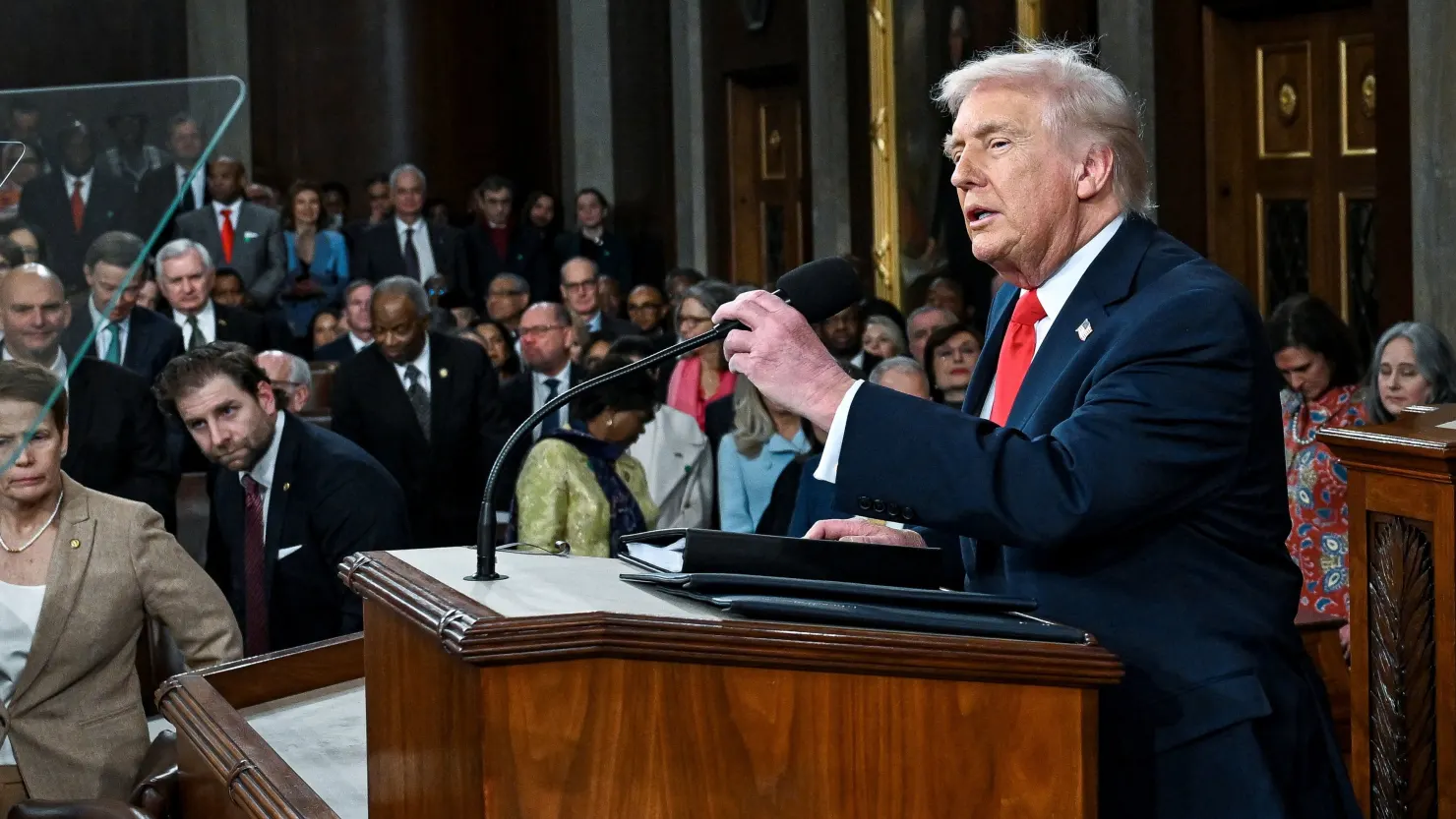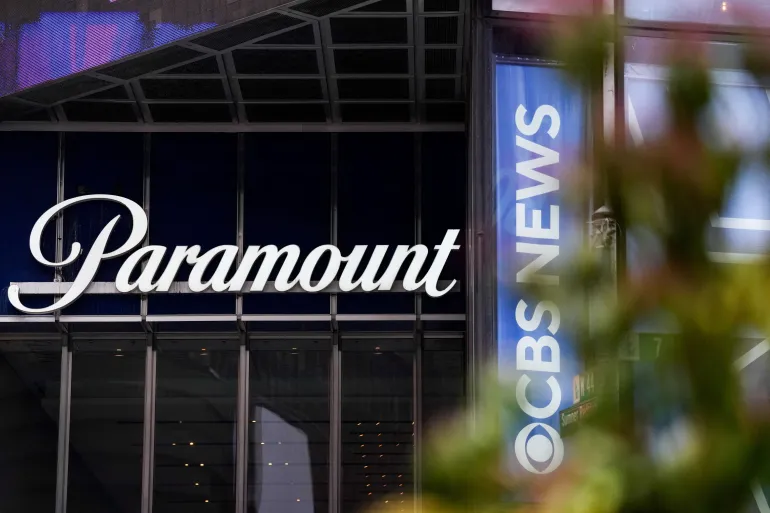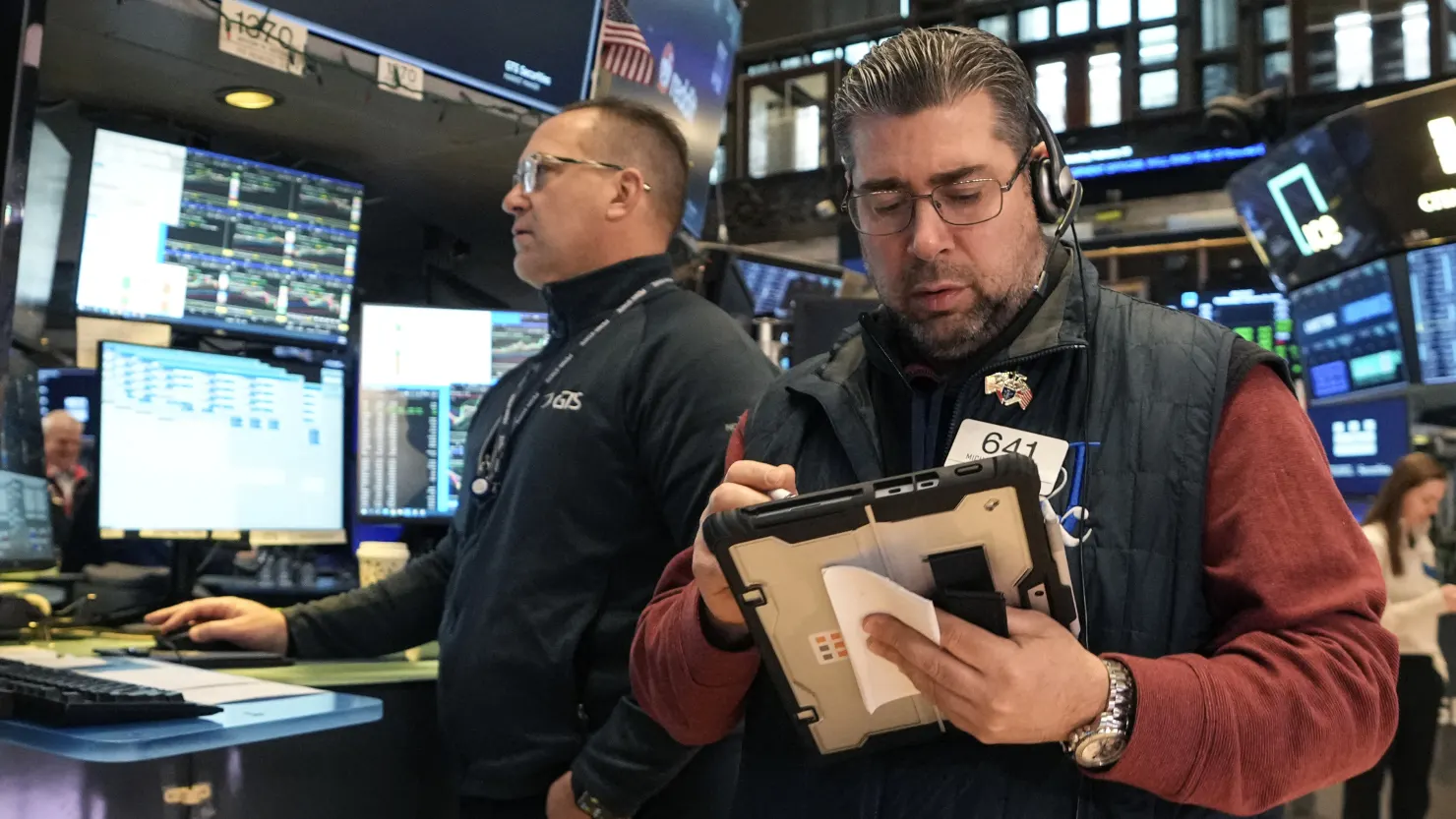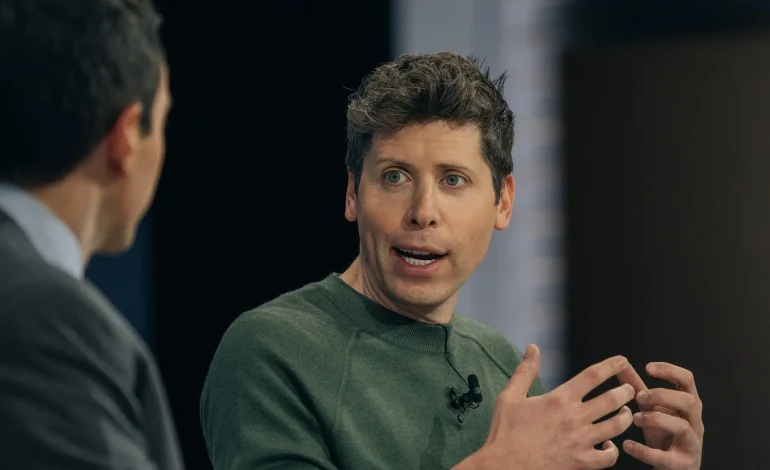The ongoing rivalry between two of Silicon Valley’s most prominent figures, Elon Musk and Sam Altman, may be entering a critical phase as a lawsuit filed by Musk against OpenAI continues to move toward trial.
What began as a disagreement over the direction of artificial intelligence research has evolved into a high-stakes legal confrontation that could shape the future of AI governance, investment, and public trust.
After a difficult start to 2025 — including underwhelming first-quarter earnings from Tesla — Musk now finds himself embroiled in intensifying legal and business challenges. His AI venture, xAI, is currently seeking to raise $20 billion in new funding, while simultaneously contending with obstacles in a rapidly growing and highly competitive field.
At the center of Musk’s legal dispute is OpenAI’s controversial transformation from a nonprofit to a for-profit entity. Musk, who helped co-found OpenAI in its early days, filed a lawsuit in 2023 claiming that this structural change violated the company’s original mission and commitments. The court initially denied his request for a preliminary injunction, but the case is now progressing toward a trial scheduled for March 2026.
Legal analysts remain skeptical of Musk’s chances in court. Arthur Dermendjian, a managing attorney at J&Y Law, described Musk’s arguments as legally tenuous, pointing out that OpenAI’s nonprofit status at the time meant there were no shareholder agreements or contracts that could enforce a specific mission. According to Dermendjian, unless Musk can present a written contract explicitly prohibiting such a transformation, his case may falter under California’s stringent contract law standards.
Nevertheless, Musk has received a boost from a group of twelve former OpenAI employees who have come forward to support his position. These former staffers claim to have concerns about the company’s current direction and are seeking to share insights into its internal shifts. While this development could add complexity to the case, experts caution that philosophical disagreements about mission and direction are not necessarily enforceable in a court of law.
OpenAI, now valued at roughly $300 billion, recently announced a revision of its restructuring plans. Rather than transitioning into a fully independent for-profit company, OpenAI will now become a public benefit corporation (PBC) — a structure designed to balance profit with social responsibility. However, this move leaves the nonprofit board in control, a decision that has drawn further scrutiny. Critics argue that the restructuring does little to resolve concerns about accountability and the nonprofit’s influence over high-stakes decisions in AI deployment.
Among these critics are state attorneys general from California and Delaware, who are reviewing OpenAI’s revised plan to ensure it complies with legal standards governing nonprofit missions and public benefit obligations. Microsoft, a key investor with more than $13 billion committed to OpenAI, has yet to sign off on the reorganization.
OpenAI has dismissed Musk’s lawsuit as meritless and accused him of trying to stall a rival. Musk, for his part, maintains that the shift toward profit could undermine OpenAI’s original mission to ensure AI is developed for the benefit of all humanity. Despite their past collaboration, the rift between Musk and Altman has grown increasingly public and acrimonious, becoming one of the defining feuds of the tech industry in the post-pandemic era.
With input from Axios, the Street, and the New York Times.










The latest news in your social feeds
Subscribe to our social media platforms to stay tuned